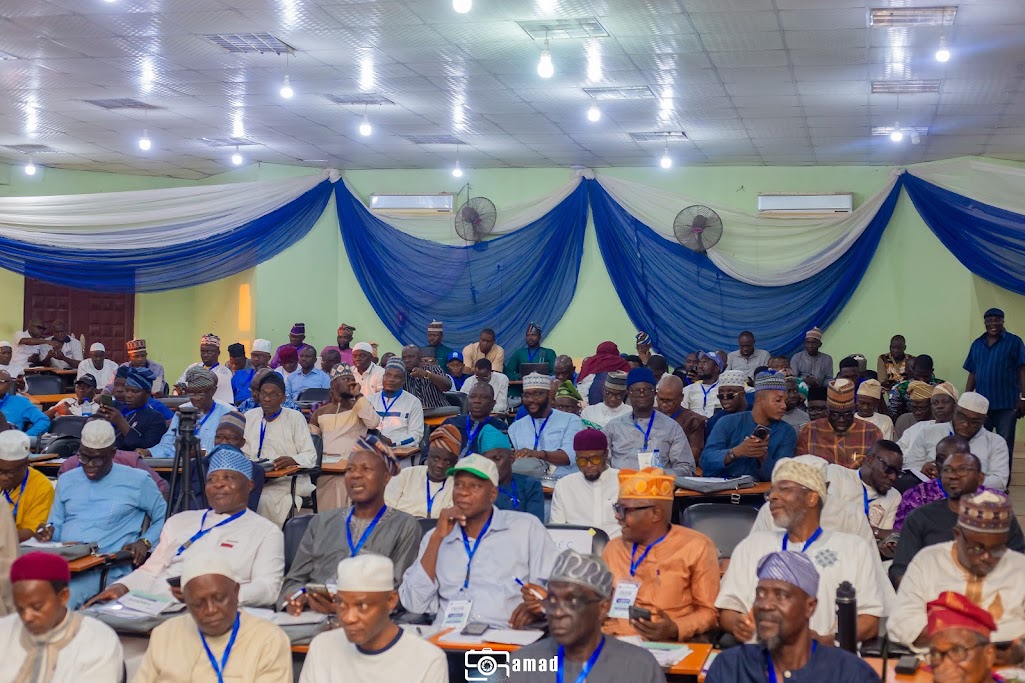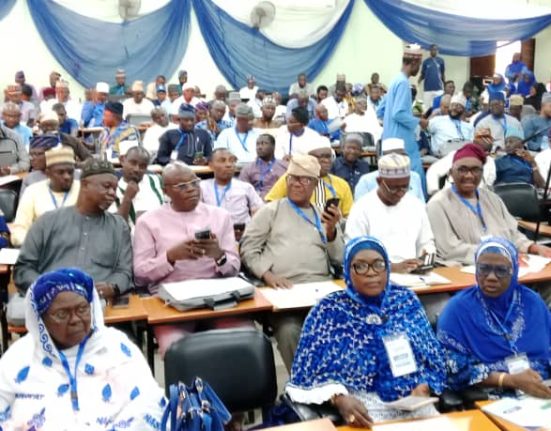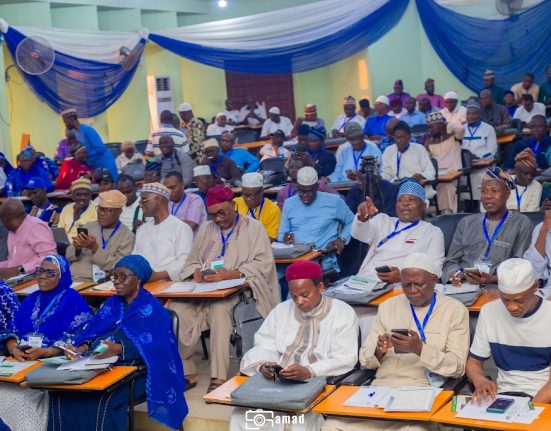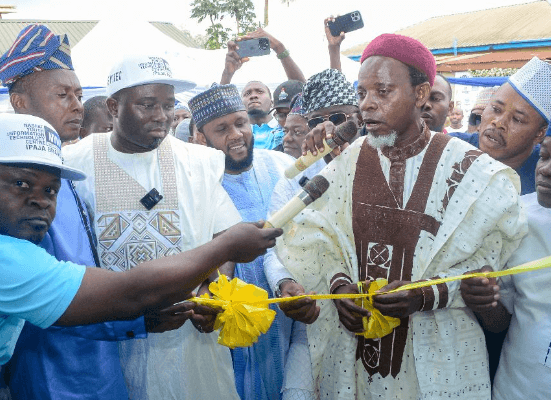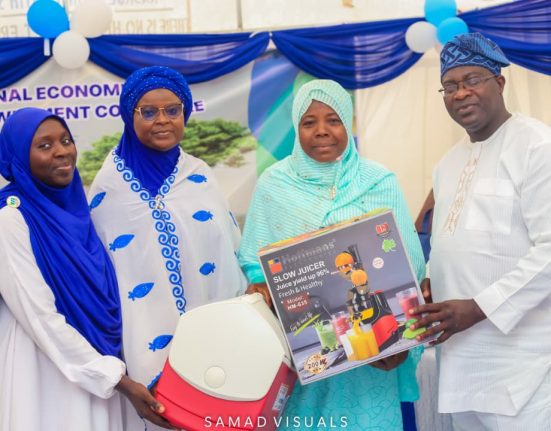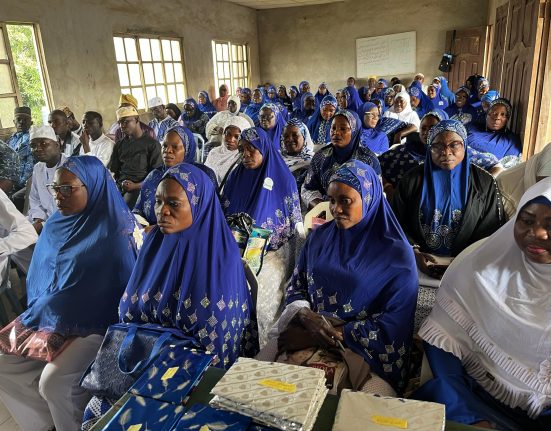Osogbo, Nigeria — Sunday, September 7, 2025.
The Nasrul-Lahi-L-Fatih Society of Nigeria (NASFAT) has concluded a three-day Strategic Retreat held from Friday, September 5 to Sunday, September 7, 2025, at Fountain University, Osogbo. The gathering brought together the Board of Trustees, National Executive Council, Council of Elders, Women’s Wing, Youth Wing, and branch and zonal leaders drawn from NASFAT’s over 360 branches worldwide.
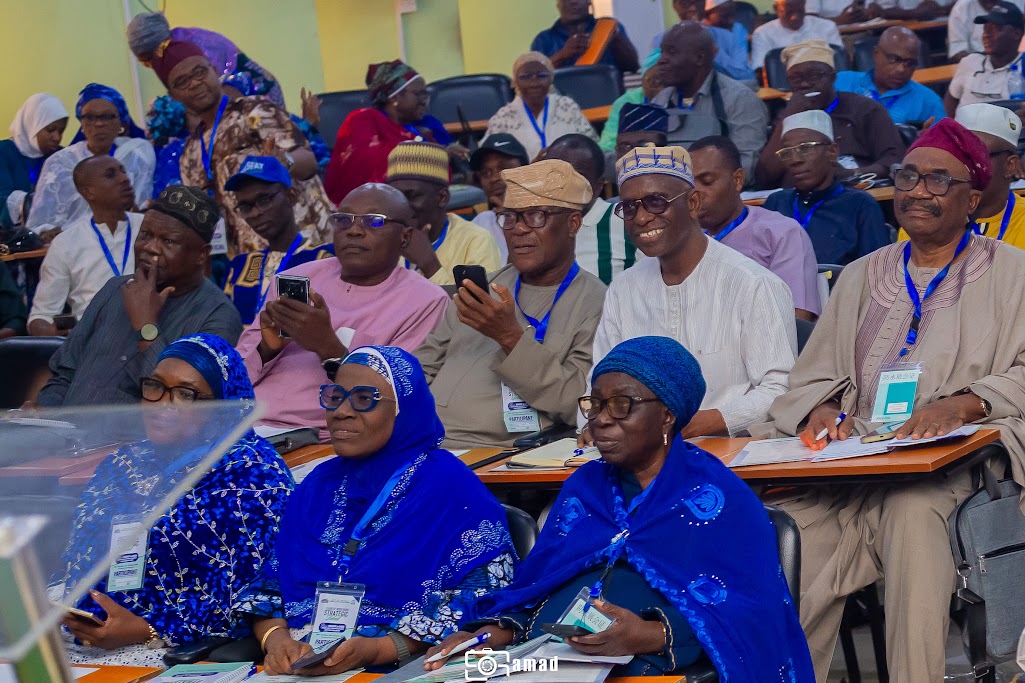
Anchored on the theme “NASFAT in 2030: Global Scale, Strategic Relevance, and Sustainable Impact,” the retreat focused on crafting a five-year roadmap (2025–2030) to deepen the society’s global presence, strengthen internal governance, and expand social impact across education, empowerment, and community welfare.
Delivering the keynote lecture, Alhaji Dr. Jubril Salaudeen examined the pressures of global uncertainty, digital transformation, and widening socio-economic inequality. He urged NASFAT to:
• institutionalize mentorship pipelines to prepare the next generation of leaders;
• engage proactively in policy influence and advocacy on issues shaping Muslim communities;
• pursue innovative funding models that are transparent and sustainable; and
• adopt deliberate media and communications strategies that amplify da’wah and community development.
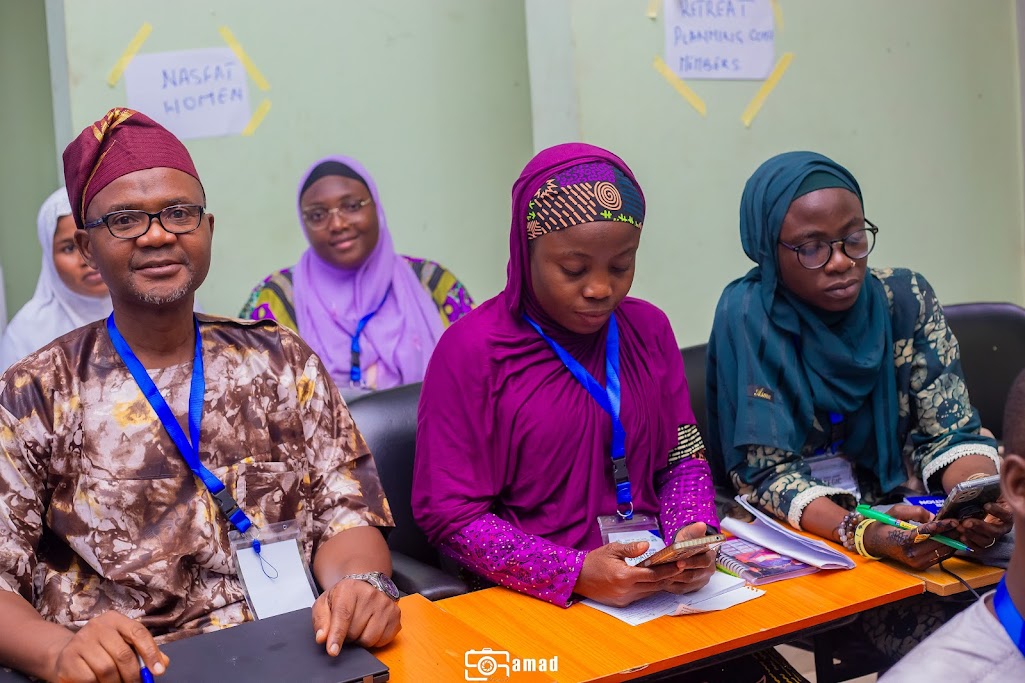
Dr. Salaudeen emphasized that youth and women are indispensable to the society’s future, insisting that da’wah, governance, and programme design must mainstream their participation and leadership rather than treat them as peripheral stakeholders.
Across plenaries and working groups, delegates deliberated on five strategic pillars commonly referenced during the sessions:
1. Mission & Governance: clearer structures, defined accountability, and succession planning that ensures generational continuity.
2. Youth & Women Inclusion: leadership pathways, skills development, and equitable representation in decision-making.
3. Digital & Data: adoption of technology for learning, operations, and outreach; improved data for planning and measurement.
4. Funding & Partnerships: diversified revenue, stronger partnerships with public, private, and development actors.
5. Media & External Affairs: professionalized communications, purposeful storytelling, and consistent engagement with the public sphere.
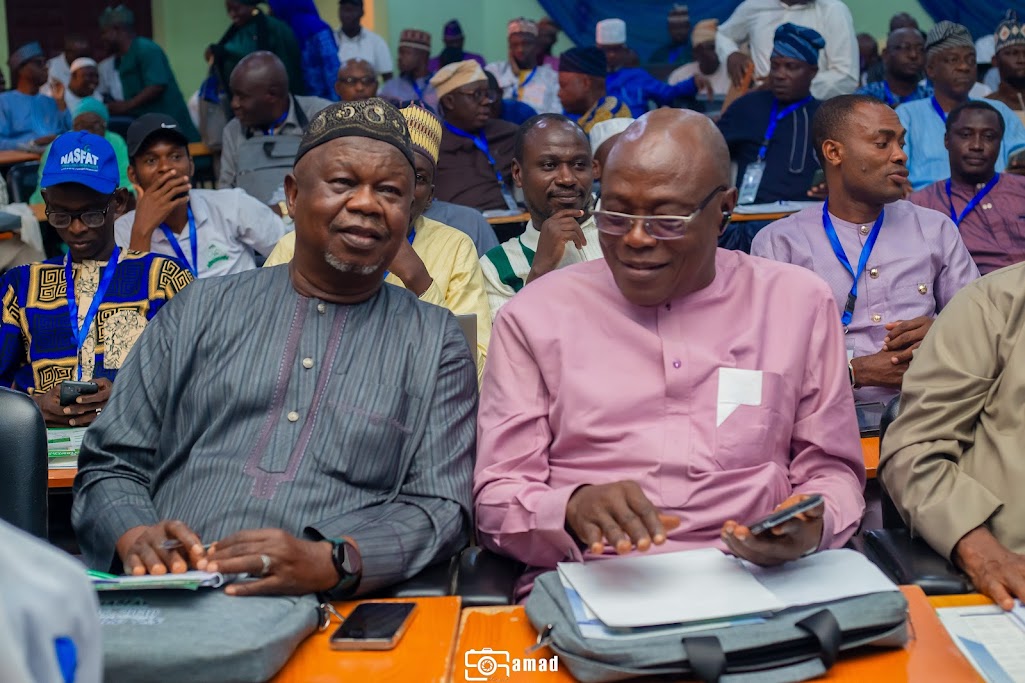
Participants noted NASFAT’s global footprint and reaffirmed the society’s commitment to faith-anchored service, unity, and innovation. The retreat’s communiqués and consensus outcomes are expected to inform a consolidated five-year strategy to be reviewed by the society’s organs in line with established processes.
By the close of proceedings on Sunday, NASFAT signalled its determination to sustain relevance at global scale through inclusive leadership, evidence-driven planning, and programmes that deliver measurable impact for members and the wider public.

